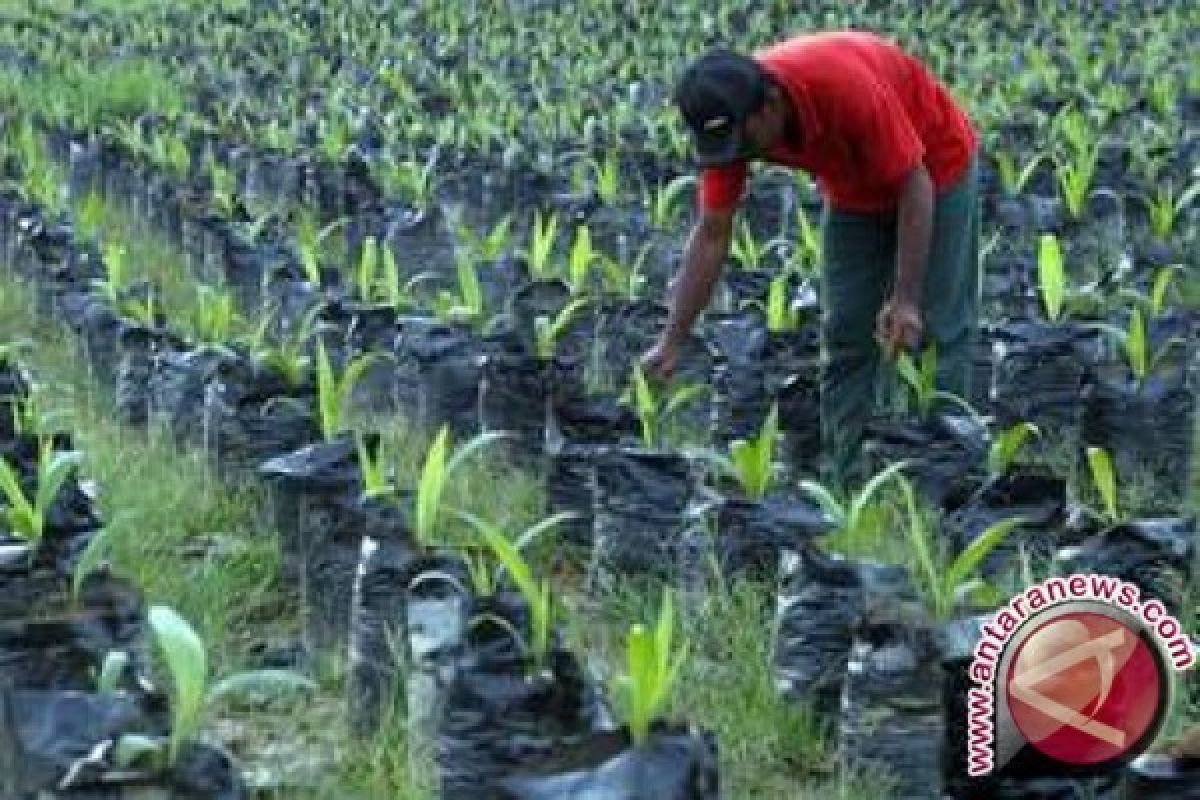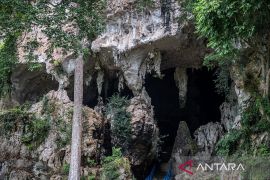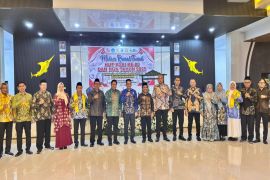Jakarta, (Antaranews Kalsel) - The International Union for Conservation of Nature (IUCN) Palm Oil Task Force has completed an objective analysis of the impact of oil palm on biodiversity globally, and offers solutions for environmental conservation.
The head of the IUCN Palm Oil Task Force Erik Meijaard in Jakarta on Monday (4/2) said the results of the study concluded that other vegetable oil commodities require nine times land than oil palm.
"Replacing palm oil commodities with other vegetable oil commodities will significantly increase the total land requirement to produce non-palm oil vegetable oils to meet global needs," he said in a press statement after submitting the results of the study to Coordinating Minister for Economic Affairs Darmin Nasution.
He explained in Indonesia the allocation of land use to support life was 33 percent or 66 million hectares of the total land area of Indonesia. From this area, oil palm plantations became the largest with utilization of 14 million hectares, followed by rice fields of 7.1 million hectares, and the rest were settlements and other public facilities.
The results of the study also stated that tropical regions in Africa and South America are potential areas for the spread of oil palm. The region is home to 54 percent of the threatened mammal species in the world and nearly two thirds or 64 percent of threatened bird species.
"If oil palm is replaced by other vegetable oil-producing plants, it will have an impact on tropical forest and savanna ecosystems in South America," he said, who is also the lead author of the study.
According to him, if we look at the damage to biodiversity caused by oil palm with a global perspective, there is no simple solution.
Half of the world's population uses palm oil in the form of food, and if it is prohibited or boycotted, other vegetable oils that require more land will replace oil palm.
Coordinating Economic Minister Darmin Nasution said he welcomed the results of the IUCN study amid various challenges facing by oil palm industry, especially in Indonesia.
"Scientific-based facts like this are very necessary to provide understanding to the public, related to oil palm development in Indonesia," he said.










